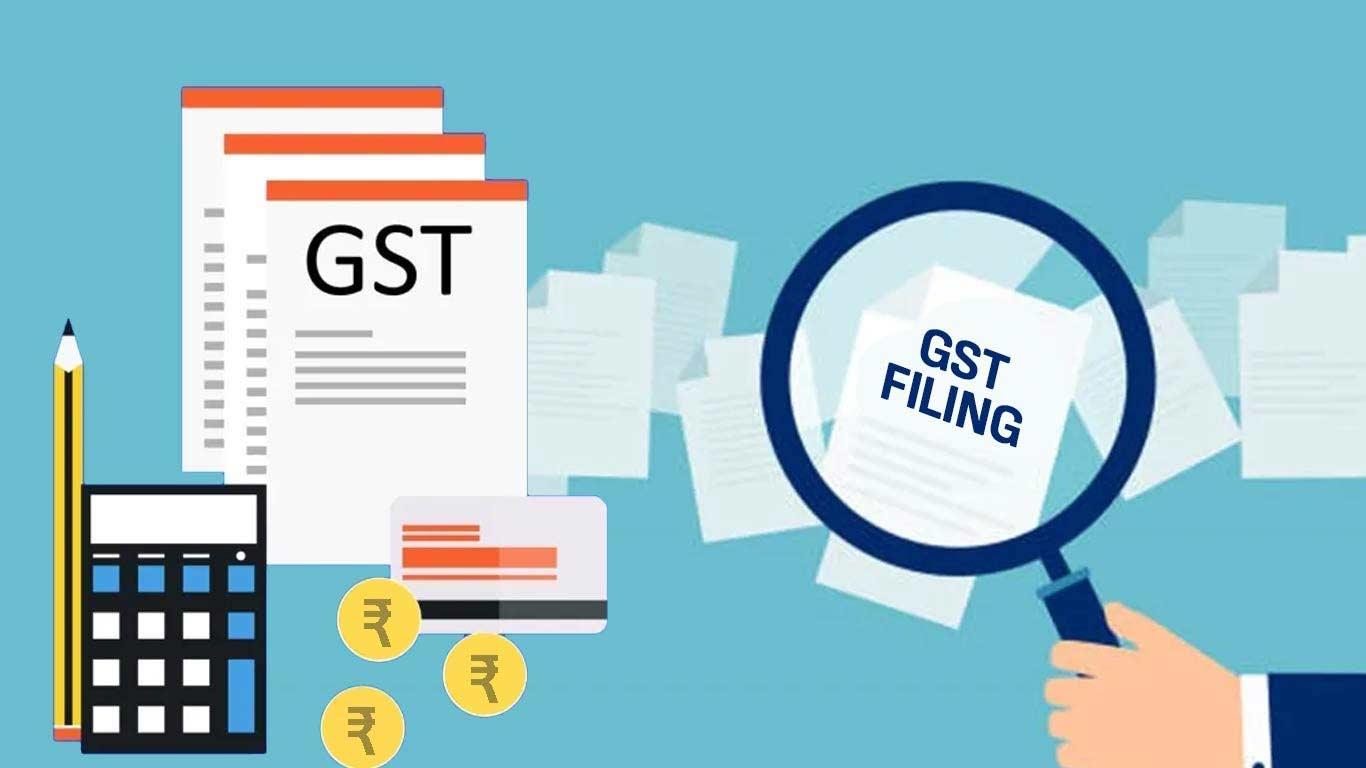
SC Eases GST Compliance, Allows Post-Deadline Error Corrections
The Supreme Court decisively dismissed a special leave petition filed by the Central Board of Indirect Taxes and Customs (CBIC), effectively upholding a previous Bombay High Court decision that favors businesses' right to rectify administrative mistakes.
The ruling specifically addresses the critical issue of tax compliance, emphasising that human errors should not result in punitive tax consequences.
At the core of the judgment is a fundamental principle articulated by the Supreme Court: the right to correct minor administrative mistakes is intrinsically linked to the fundamental right to conduct business.
The court unequivocally stated that denying Input Tax Credit due to clerical or arithmetical errors constitutes an unfair practice tantamount to double taxation.
The case originated with Aberdare Technologies Pvt Ltd, which had filed its GST returns on time but discovered clerical errors in December 2023.
Despite missing the November 30 statutory deadline for corrections, the company challenged the tax authorities' rigid stance of rejecting rectification requests.
Notably, the Supreme Court criticised the over-technical approach of tax authorities, particularly highlighting that software limitations cannot serve as a legitimate justification for denying error corrections.
The court explicitly ruled that technological platforms are designed to facilitate compliance and can be configured to accommodate legitimate corrections.
Tax experts have widely welcomed the judgment. Saurabh Agarwal, tax partner at EY India, characterised the decision as reinforcing the principle that tax compliance should be practical rather than punitive.
Sivakumar Ramjee from Nangia Andersen LLP described the ruling as a significant resolution to a long-standing contentious issue between businesses and tax authorities.
The judgment potentially marks a transformative moment in GST administration, signaling a more pragmatic and business-friendly approach to tax compliance.
By prioritising the spirit of taxation over rigid procedural constraints, the Supreme Court has provided meaningful relief to businesses navigating complex regulatory landscapes.
The ruling specifically addresses Sections 37(3) and 39(9) of the Central Goods and Services Tax Act, which previously imposed strict limitations on error corrections.
This decision represents a nuanced interpretation that balances administrative discipline with fundamental business fairness.
(KNN Bureau)
Legal Disclaimer:
MENAFN provides the
information “as is” without warranty of any kind. We do not accept
any responsibility or liability for the accuracy, content, images,
videos, licenses, completeness, legality, or reliability of the information
contained in this article. If you have any complaints or copyright
issues related to this article, kindly contact the provider above.


















Comments
No comment